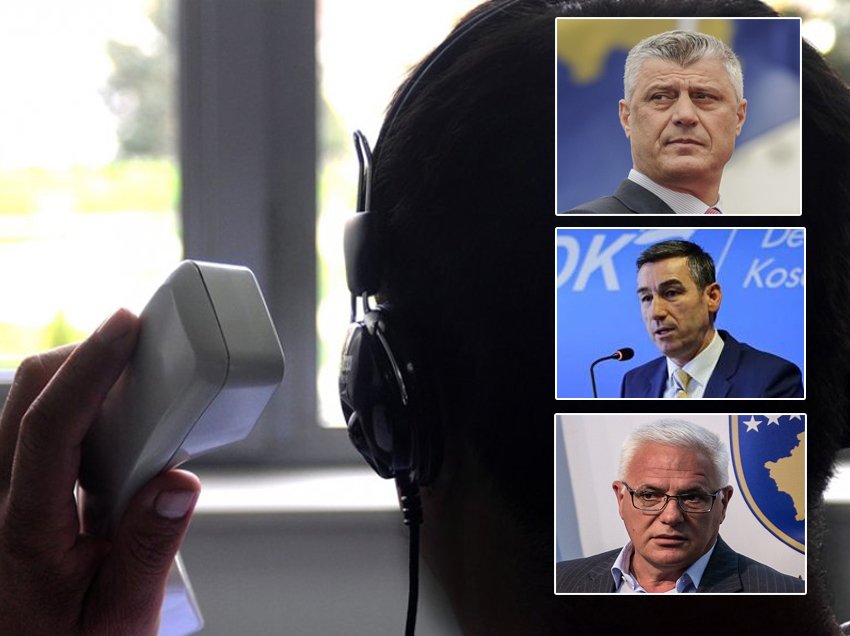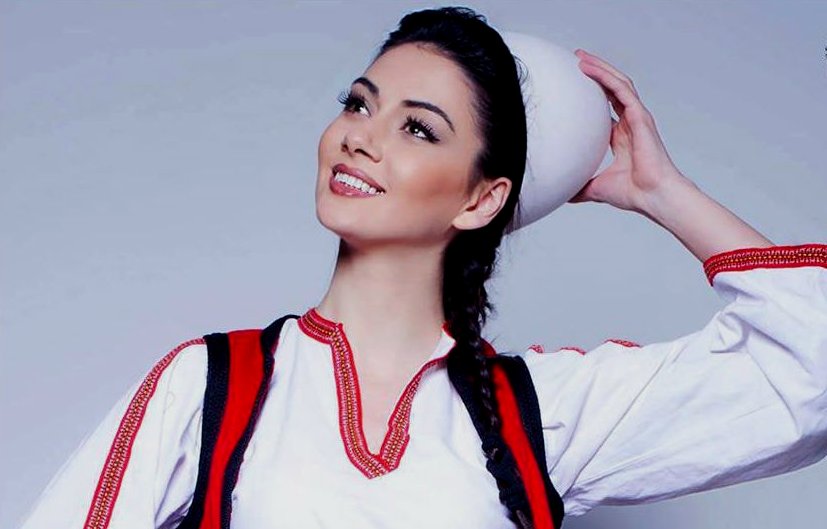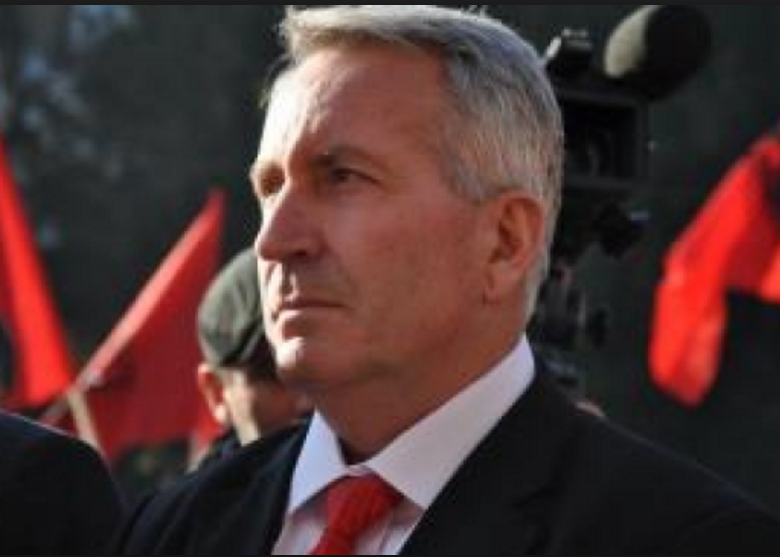 Musliu joined them on Thursday, telling Albanian language agency Presheva Jonë that he supported Rama’s and Thaci’s statements, but that “there can be no Great Albania without Nis.”
Musliu joined them on Thursday, telling Albanian language agency Presheva Jonë that he supported Rama’s and Thaci’s statements, but that “there can be no Great Albania without Nis.”
Jonuz Musliu, an ethnic Albanian politician and mayor of the Bujanovac municipality in the southern part of central Serbia, previously said that “a union of Albania and Kosovo is senseless without the Presevo valley, without Medvedja, Bujanovac and Presevo – now is a key moment for Albania and Kosovo to show Serbia that this is a part of Albania that must not be touched.”
Musliu joined them on Thursday, telling Albanian language agency Presheva Jone that he supported Rama’s and Thaci’s statements, but that “there can be no Grater Albania without Nis.”
Albanian political representatives in the Presevo Valley warn that they will announce autonomy and united with Kosovo. Musliu notes that there will be coordination with Pristina and Tirana in order to demand reciprocity in relation to the rights that Serbs in Kosovo are given.
Albanians of the Presevo Valley seek union with Kosovo end Albania
“If the authorities in Moscow demand that Crimea join Russia, Tirana and Pristina should demand the same for the Presevo valley [in South Serbia],” Musliu told Presheva Jone. Musliu said that historically the Presevo valley had always been part of Kosovo – and had only been separated from it in 1948 by the Yugoslav leadership.
The head of the National Committee of the Albanians in the Valley, Jonuz Musliu, says that this process must take place in compliance with the 1-2 March 1992 referendum. “Such act is also in compliance with international conventions and UNO Charter, which guarantees the right of self determination”, he says.
But the heads of the local governments of Presevo and Bujanovac representing the Albanian community that makes the majority in these municipalities did not attend the opening ceremony, and according to the President of the local assembly in Bujanovac, Jonuz Musliu, they were not invited.
Musliu, who was one of the commanders of the rebel ethnic Albanians in the 2001-2001 clashes between ethnic Albanians and the Serbian government in the region, strongly opposes the building of bases in the vicinity of Bujanovac.
“Instead of demilitarisation, we build-up the armed forces, which is very disturbing for the Albanian population,” Musliu said.
Presevo valley, as well as all South Serbian municipalities, Bujanovac, Presevo and Medvedja, are populated mainly by ethnic Albanians, who form a 90% majority.
Musliu claimed that, at a historic level, Presevo valley has always been part of Kosovo.
It was separated from Kosovo’s administrative unit in 1948 by the Yugoslav communist leadership.
Albanians of Presevo Valley (Southern Serbia / Eastern Kosovo) will boycott census !
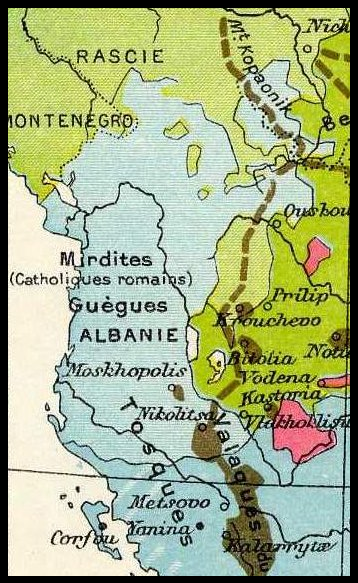 Musliu also reminded that Presevo’s Albanian community had already demanded annexation to Kosovo through a referendum held on May 2, 1992, with support of the move amounting to 98%.
Musliu also reminded that Presevo’s Albanian community had already demanded annexation to Kosovo through a referendum held on May 2, 1992, with support of the move amounting to 98%.
Bujanovac Municipality’s head was himself a leader of pro-Albanmian militant group at the time of clashes that took place in Presevo in 1999-2001 as a follow-up to the Kosovo war.
Over the past decade, experts have raised fears that Presevo Valley could become “a second Kosovo” if Serbia, Kosovo and Albania’s governments do not find a solution to the conflict.
After signing on Tuesday a decree accepting Ukraine’s Crimea into Russia, President Vlamidir Putin, though dismissing parallels between Crimea’s referendum and Moscow not recognizing Kosovo, cited the will of the peninsula’s population as a reason to annex it.
Serbia, which is currently dealing with its political affairs after early elections on Sunday, has made no immediate comments on Musliu’s remarks.
Albanians in south Serbia staged an unofficial referendum on joining Kosovo on Mart 1-2, 1992, but the Serbian authorities ignored it. The area is home to about 80,000 ethnic Albanians who live on the border with mainly Albanian Kosovo, which declared independence in 2008. Jonuz Musliu, president of the mainly ethnic Albanian town of Bujanovac in southern Serbia, said that ethnic Albanian parts of Serbia should have a right to join Kosovo, now that the ethnically Russian Crimean region had joined Russia.
Albanians of Presevo Valley (Eastern Kosovo / Southern Serbi: Preshevë, Bujanoc and Medvegja) a desire for succession continues. In an unofficial referendum in 1992, an overwhelming majority of ethnic Albanians in the Presevo Valley expressed their desire to join Kosovo. By often referring to the region as “East Kosovo”, ethnic Albanian politicians draw an implicit link between Serb-inhabited territory north of the River Ibar in Kosovo and the future of southern Serbia.
Uncertainties about Kosovo’s status – particularly its predominantly ethnic Serb-populated north – continue to have an impact on politics in south Serbia. Here, particularly the Presevo Valley, a desire for succession continues. In an unofficial referendum in 1992, an overwhelming majority of ethnic Albanians in the Presevo Valley expressed their desire to join Kosovo. Following the 1999 conflict in Kosovo, UCPMB (Ushtria Çlirimtare e Preshevës, Medvegjës dhe Bujanocit) Liberation Army of Presevo, Medvedja and Bujanovac with support from Kosovo Liberation Army, attacked police and army units.
The Konculj Agreement of May 2001 brought about a fragile state of peace. Since then steps have been taken to provide security, freedom of movement and the right to return to the Presevo Valley; develop a “multiethnic and multi-confessional society”; and support economic and social development. The Coordination Body for the Municipalities of Presevo, Bujanovac and Medvedja – an administrative and executive body established to coordinate the activities of the Serbian government in south Serbia – has long been undermined by regular Albanian boycotts and a failure to deliver in specified areas. After an absence of almost three-years, Albanian leaders from southern Serbia returned to the Co-ordination Body in 2009, after an agreement was reached on restructuring the body’s composition and competencies, including an amendment that means all decisions will now be made by consensus.
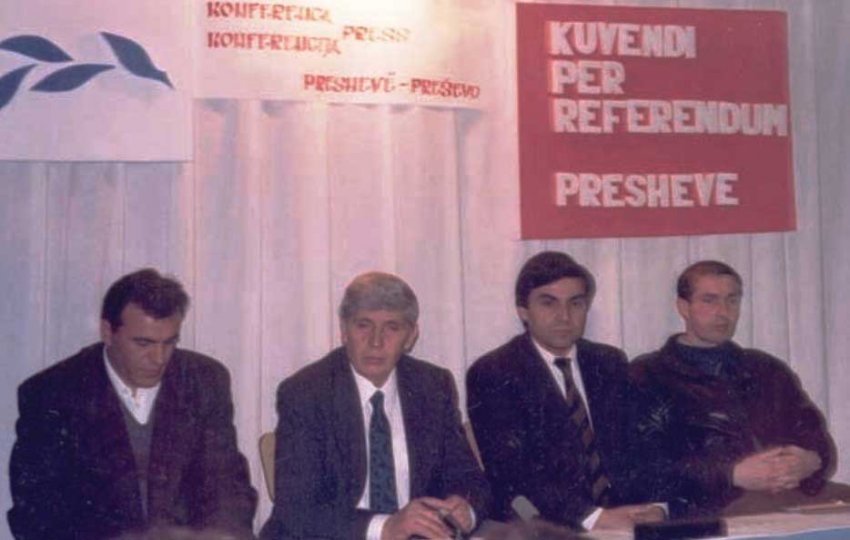 Whilst there have been no major incidents in recent years, inter-ethnic tensions persist. Ethnic Albanian grievances derive, in part, from their perceived under-representation in public institutions and the judiciary, and the presence of Serbian security forces; whilst ethnic Serbs seek the establishment of multi-ethnic local government in Bujanovac, where they constitute some 35% of the population. Uncertainties about Kosovo’s status – particularly its predominantly ethnic Serb-populated north – continue to have an impact on politics in south Serbia.
Whilst there have been no major incidents in recent years, inter-ethnic tensions persist. Ethnic Albanian grievances derive, in part, from their perceived under-representation in public institutions and the judiciary, and the presence of Serbian security forces; whilst ethnic Serbs seek the establishment of multi-ethnic local government in Bujanovac, where they constitute some 35% of the population. Uncertainties about Kosovo’s status – particularly its predominantly ethnic Serb-populated north – continue to have an impact on politics in south Serbia.
By often referring to the region as “East Kosovo”, ethnic Albanian politicians draw an implicit link between Serb-inhabited territory north of the River Ibar in Kosovo and the future of southern Serbia. The de facto partitioning of Kosovo could therefore encourage Kosovo Albanians and ethnic Albanians in Southern Serbia to seek “the unification of the Presevo Valley with Kosovo”.












